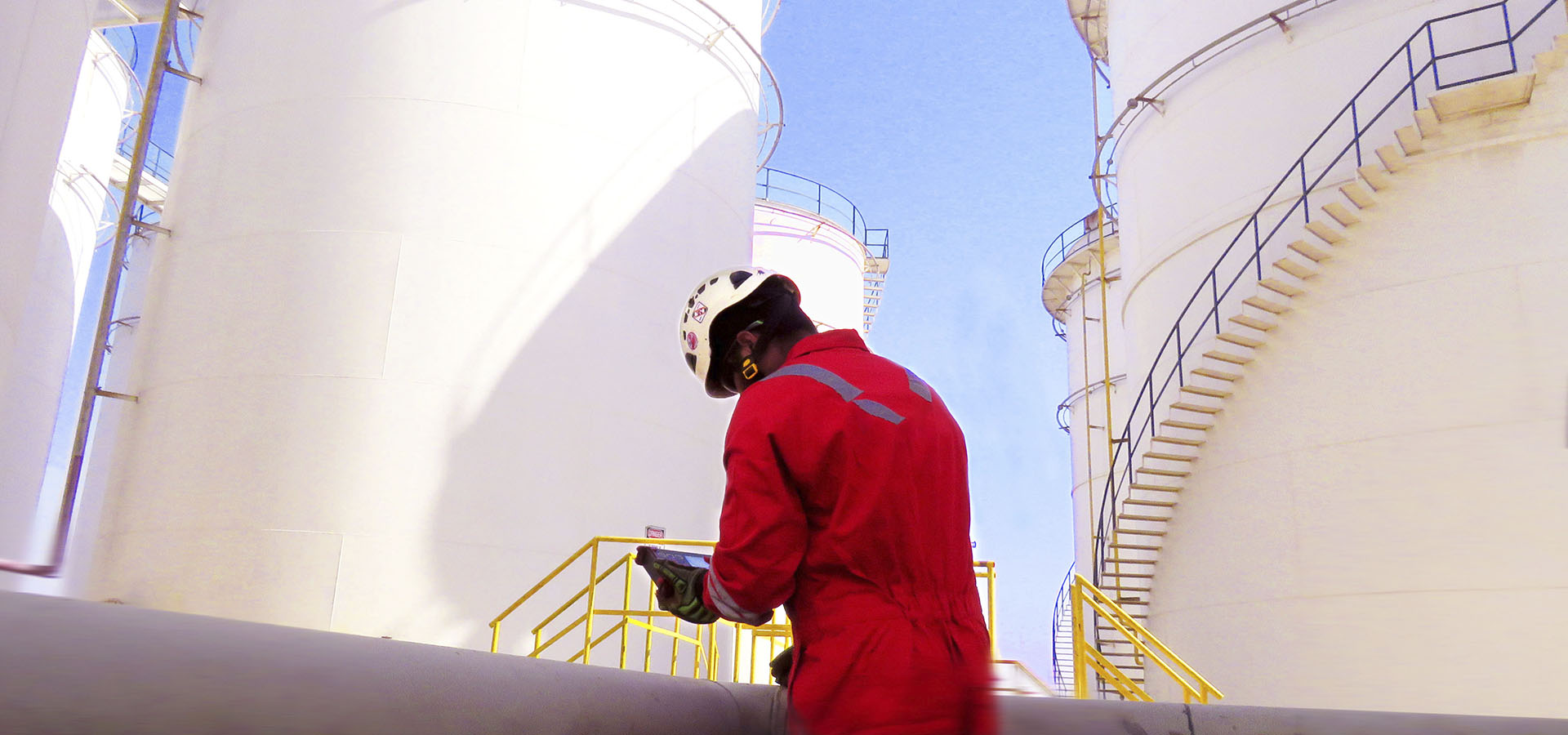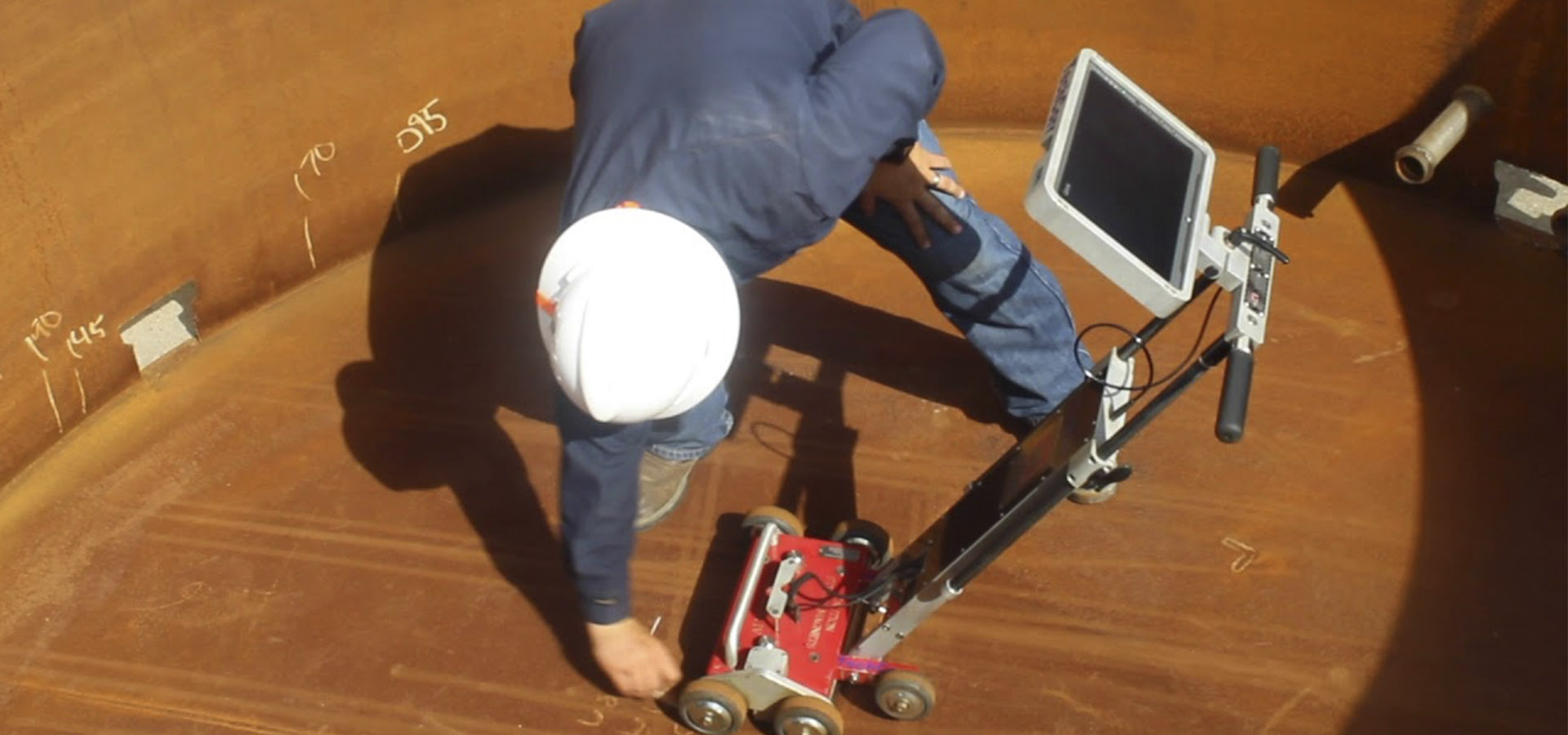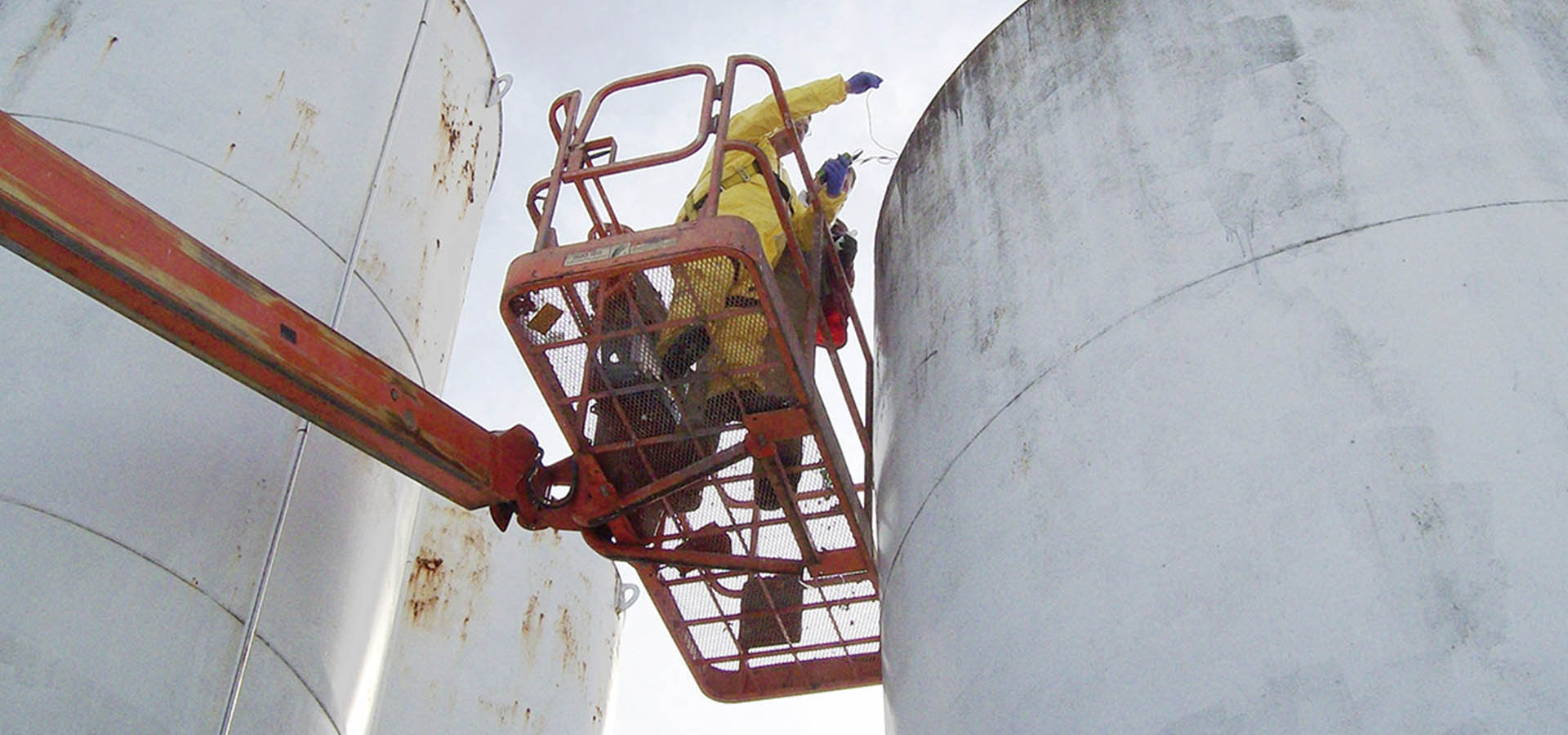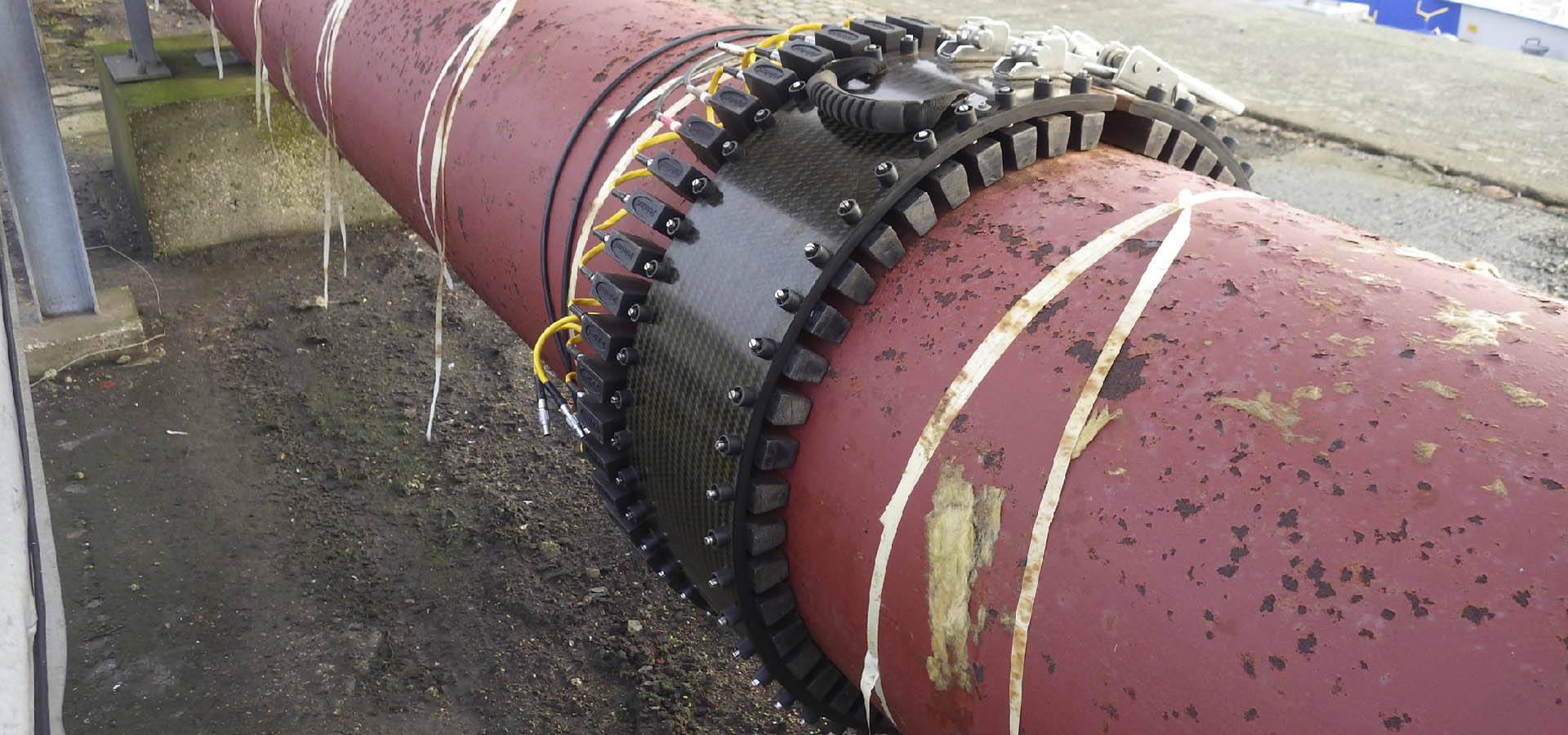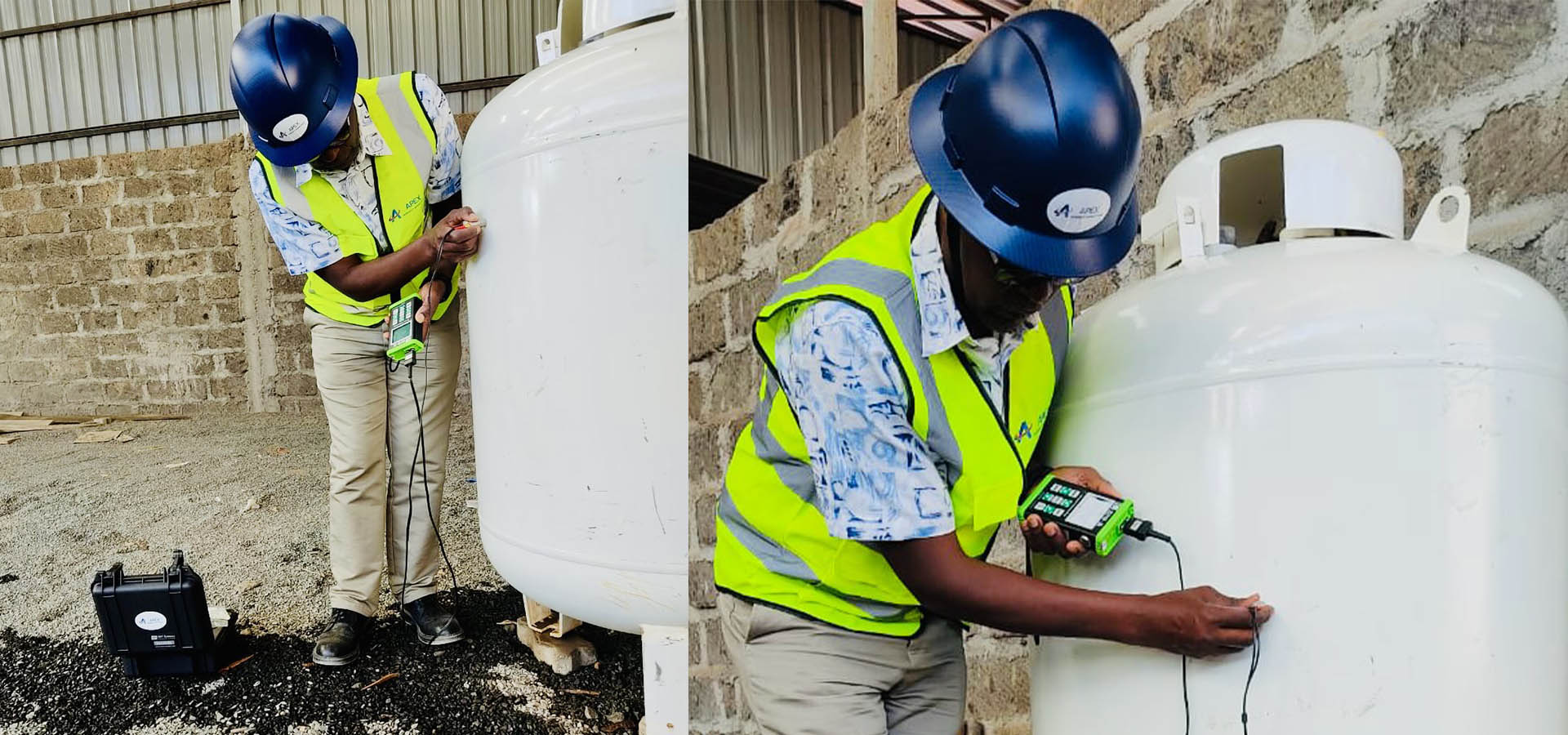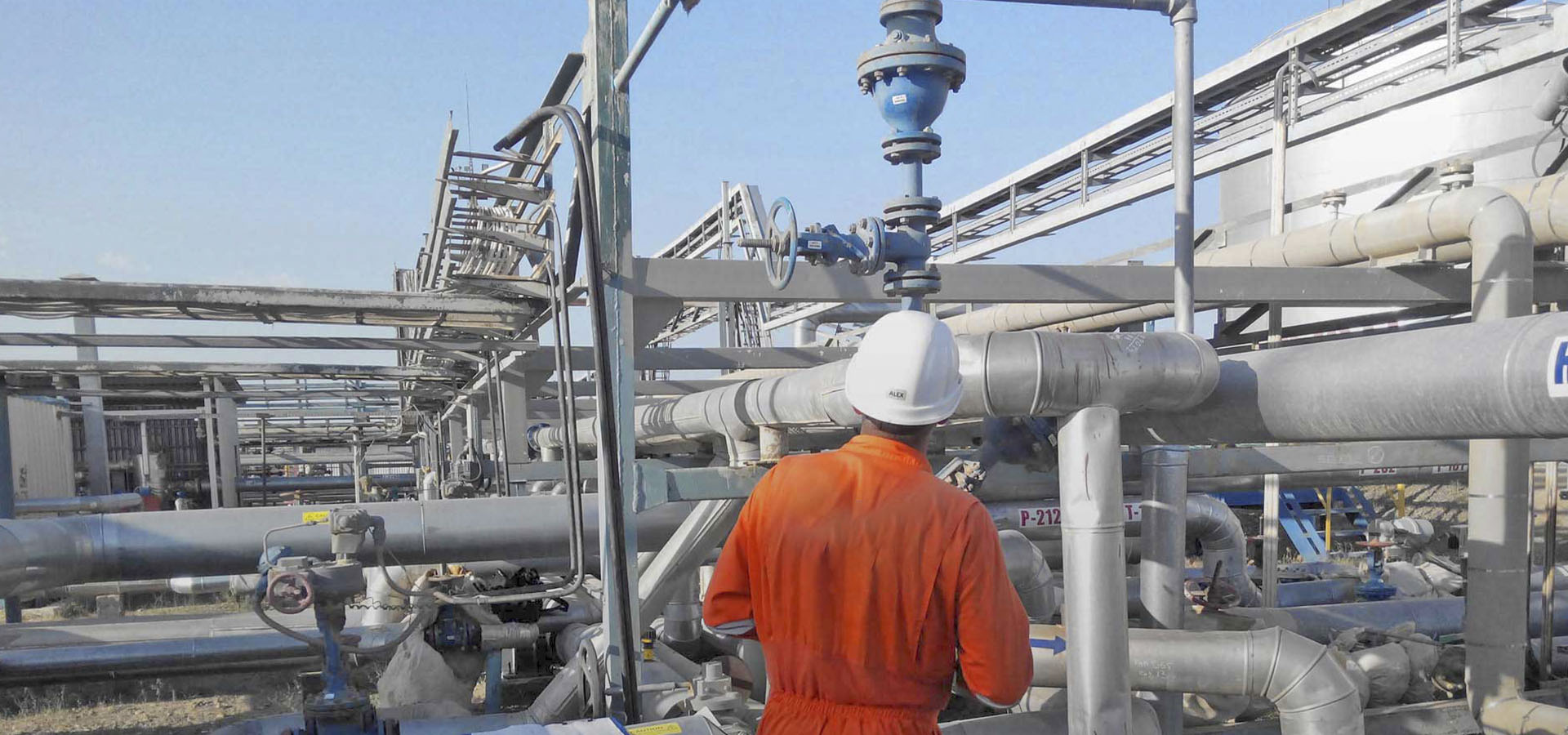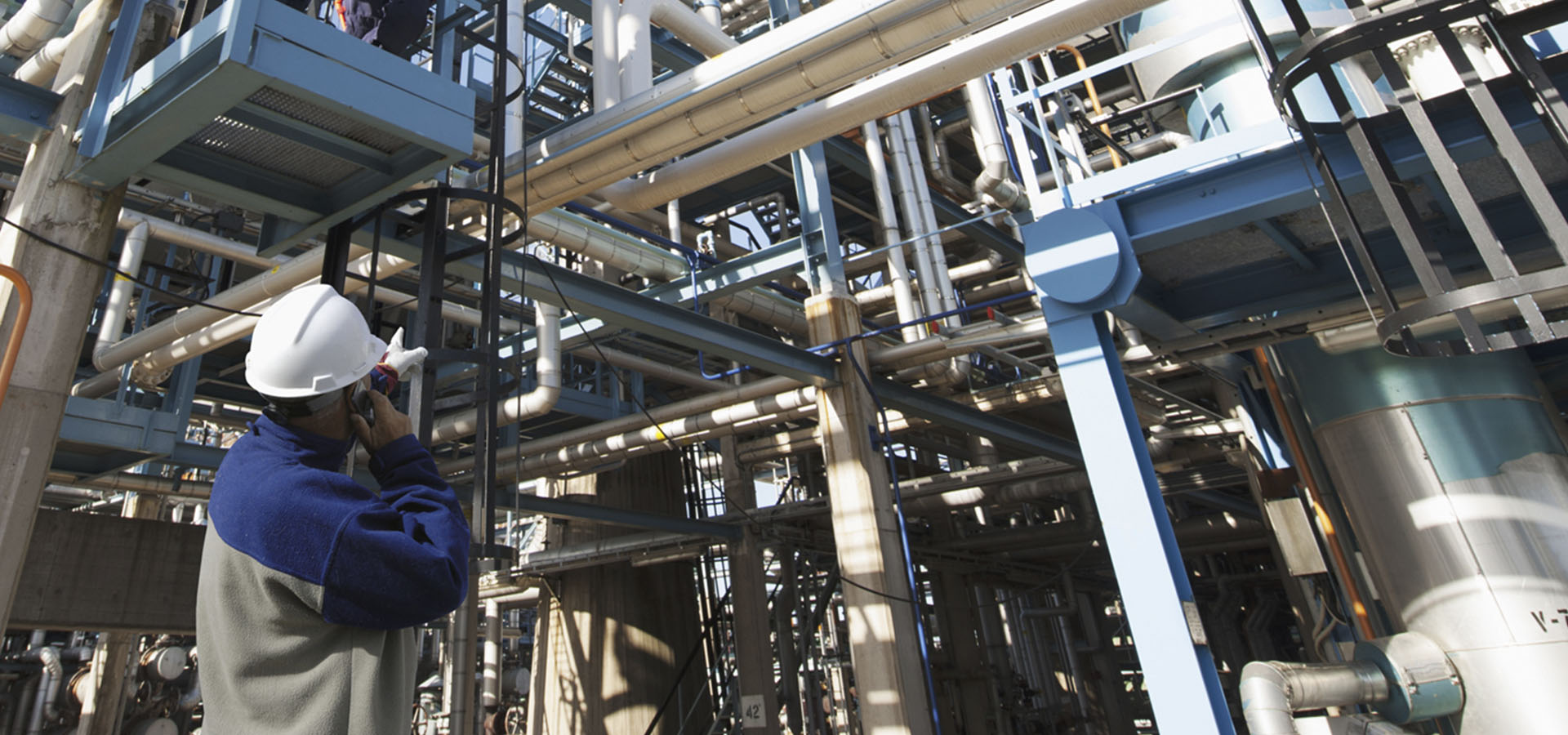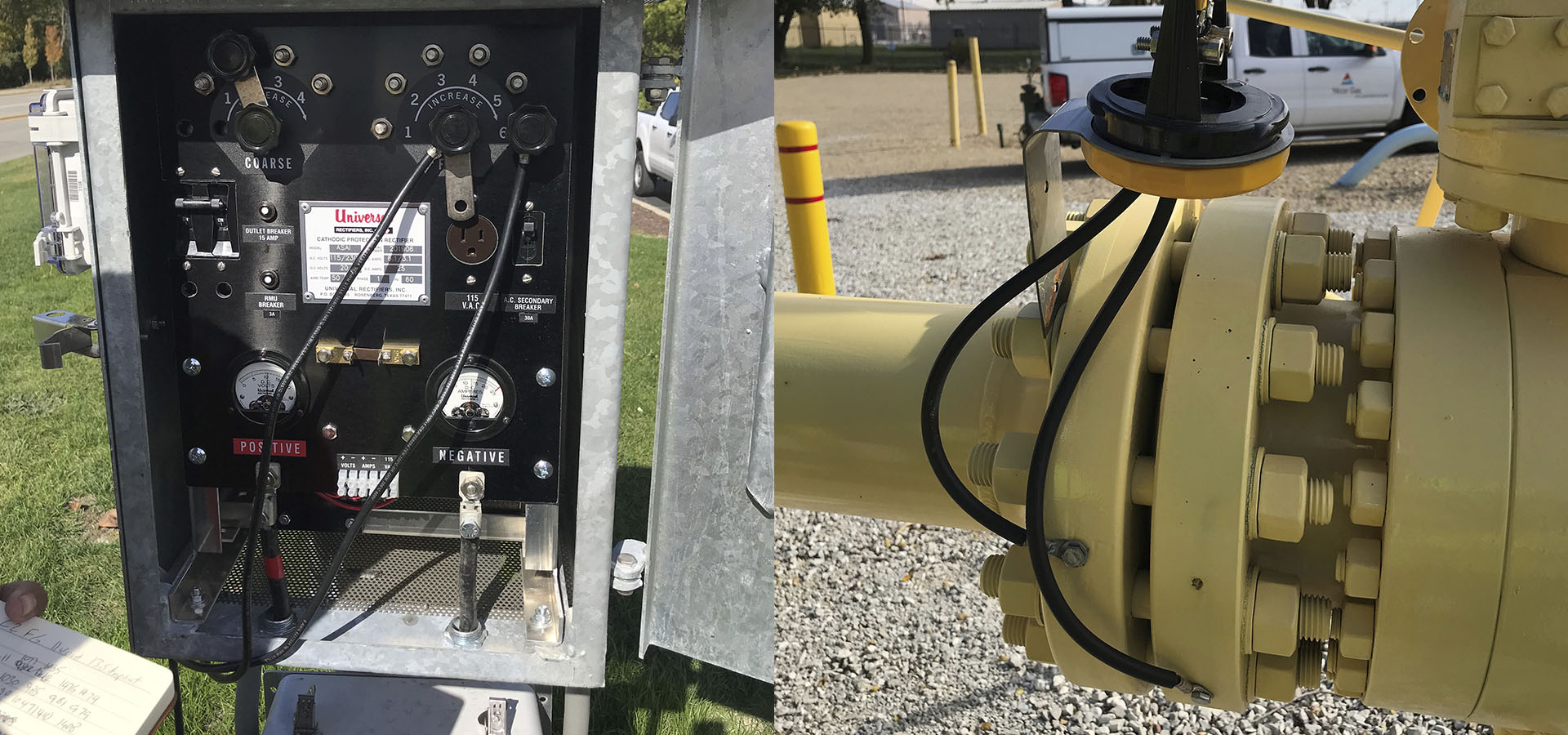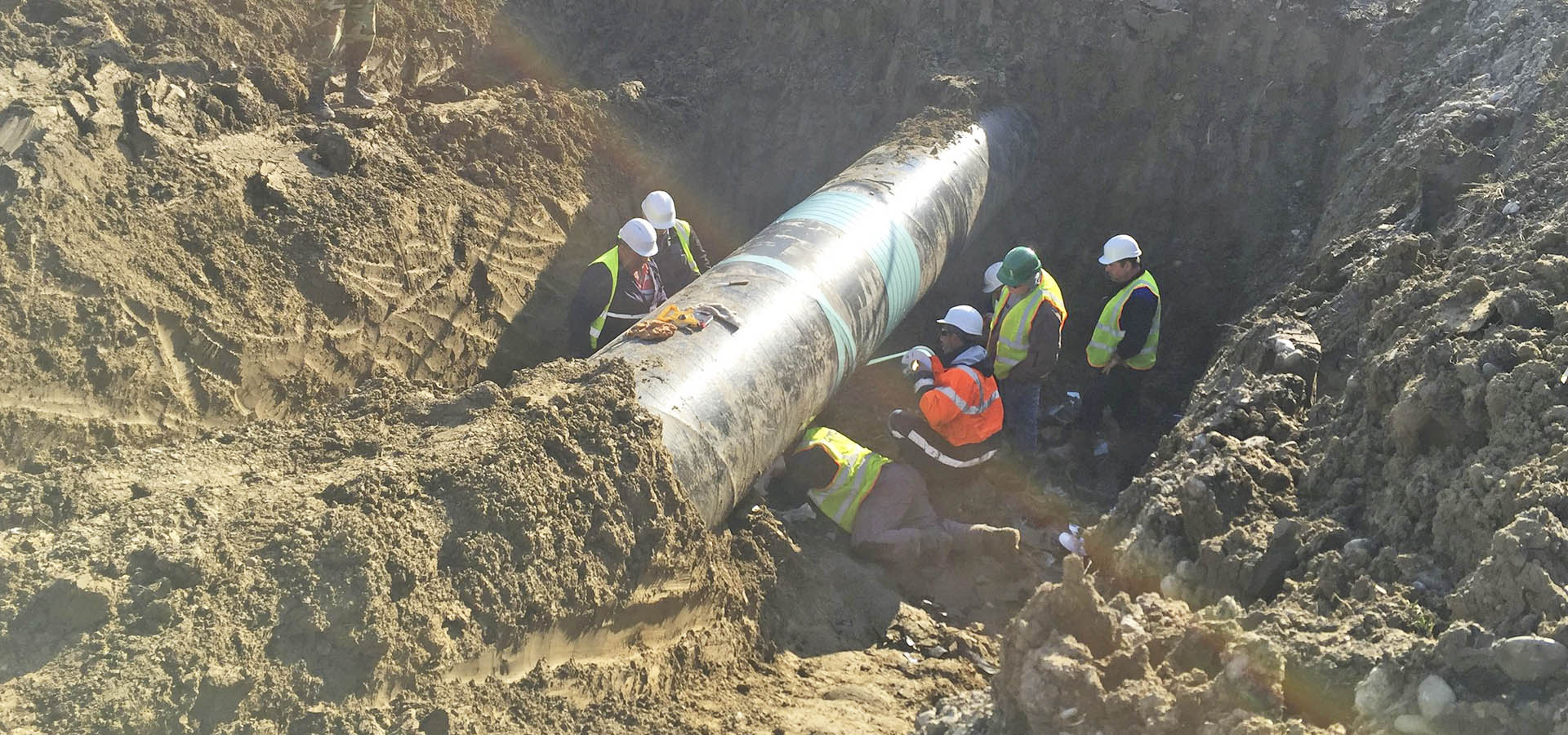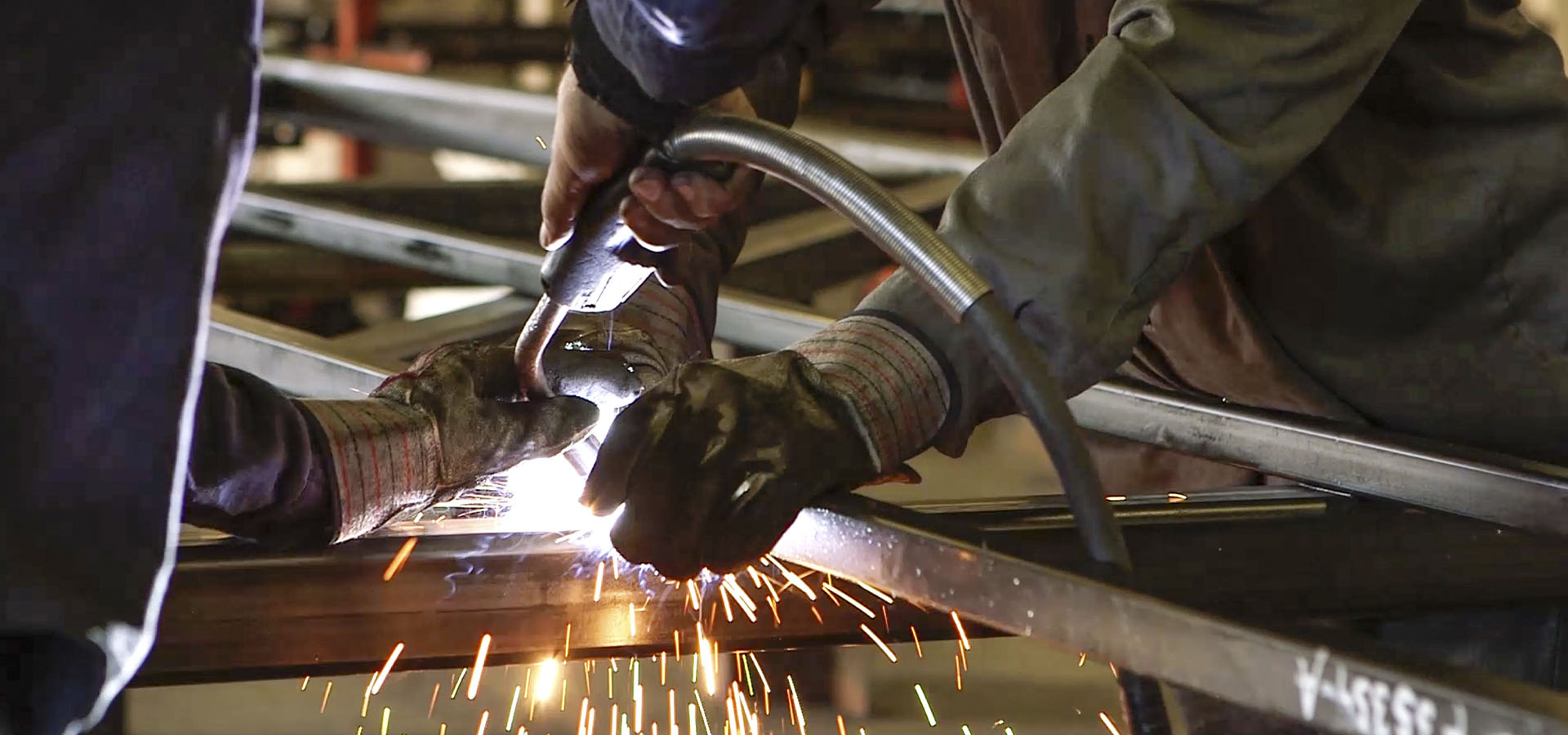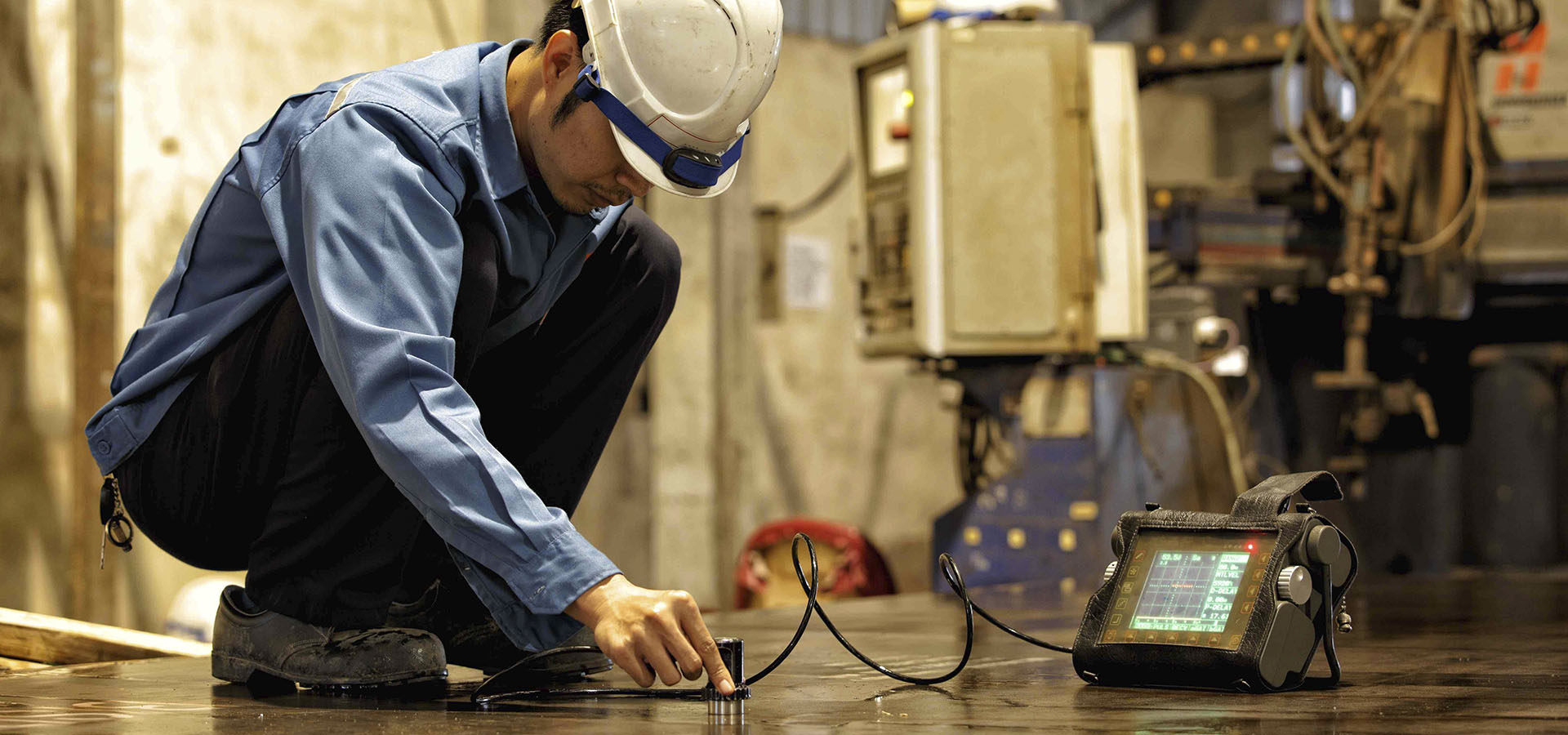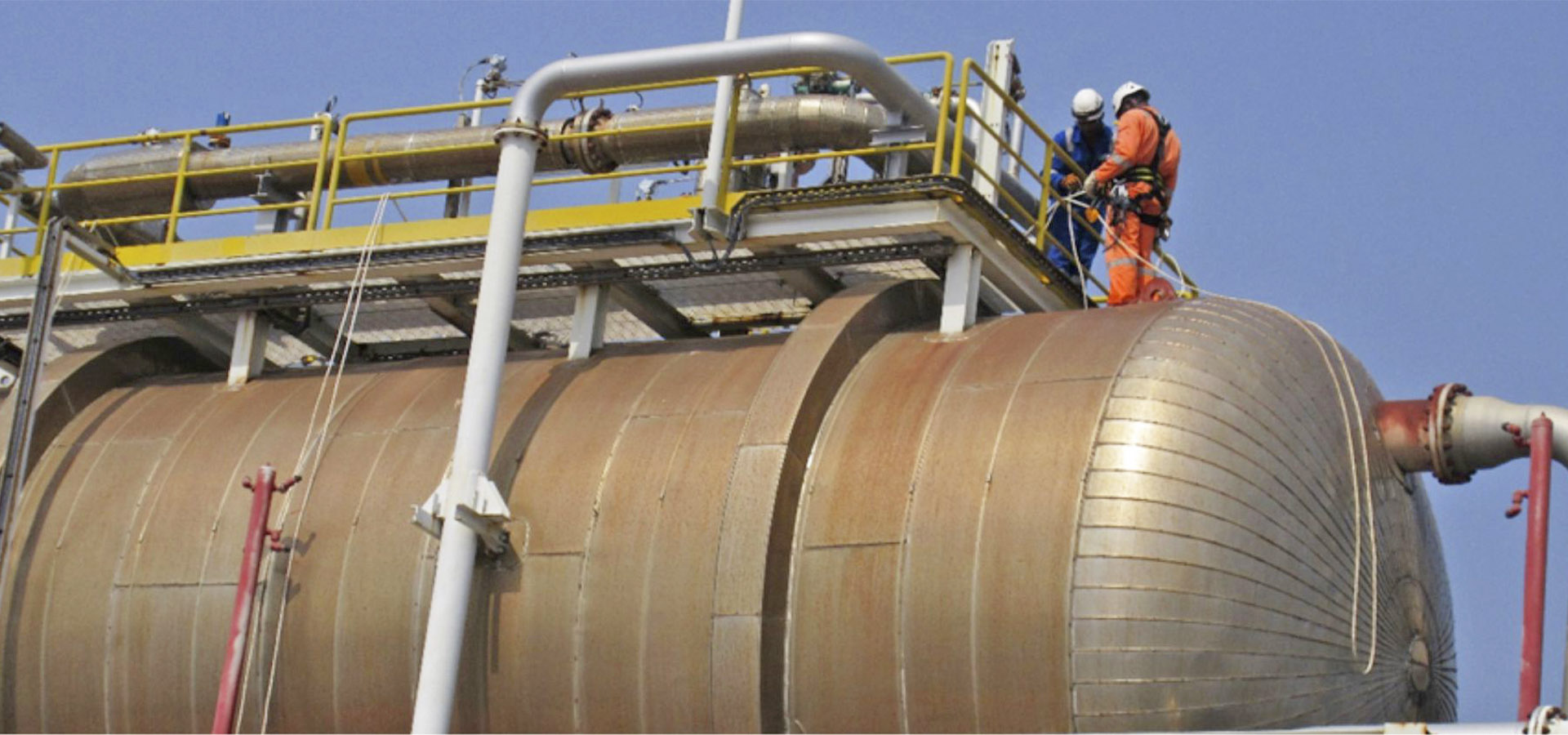An authorized inspector conducts an in-service inspection, also known as an external inspection, which includes a visual inspection of the tank's outer surface. This inspection is typically carried out while the tank is in use or when the interior of the tank is not accessible or accessible for inspection. APEX inspects the tank systems for evidence of leaks, shell distortion, signs of settlement, corrosion, and the condition of coatings, insulation, and appurtenances during the in-service inspection.
Out-of-service tank inspections, also known as internal inspections, are complete official inspections of all accessible internal and external parts of tank surfaces, piping, and appurtenances undertaken by authorized inspectors. This sort of inspection necessitates the removal of tanks from service to undertake a complete inside evaluation. Tanks are inspected for structural integrity and serviceability. Tanks are checked for leaks, corrosion, and any other possible or probable fluid or product leakage that could harm the environment.
Inspection and evaluation requirements for portable containers, shop-fabricated tanks, and field-erected tanks with a maximum capacity of 75,000 gallons are provided by the Steel Tank Institute (STI STD SP001). Aboveground storage tanks must undergo STI-SP001 examinations to assess their suitability for continuing service (ASTs). Inspections are carried out to determine the state of the ASTs and any changes. Tank inspections described by this standard are used to detect degradation of tanks and appurtenances, ensure compliance with 40 CFR 112, and ensure proper installation of systems according to manufacturer's recommendations and industry norms.
The American Petroleum Institute (API) Standard 570 is the most widely used Industry Standard for process piping inspection, repair, and reconstruction. The code does not cover inspection, repair, or alteration procedures for specialty equipment or equipment that has been decommissioned. However, piping systems that are temporarily out of service and may be recommissioned in the future are covered by API 570. API RP 574 is a supplement to API 570 that provides knowledge and best practices to help practitioners inspect pipe and standard piping components more efficiently.
The American Petroleum Institute (API) Standard 510 is the most widely used Industry Standard for pressure vessel inspection, repair, and reconstruction. Most refining and chemical processing vessels that have been put into operation are covered by API 510.
Risk-Based Inspection (RBI) is an analysis methodology and process that, unlike condition-based inspection, necessitates a qualitative or quantitative assessment of the probability of failure (POF) and consequence of failure (COF) associated with each equipment item in a processing unit, including piping circuits. Individual pieces of equipment are categorized by their hazards in a fully implemented RBI program, and inspection activities are prioritized according to this category.
Fitness for service (FFS) assessment is a multi-disciplinary engineering analysis to determine whether the equipment is fit for continued service- typically until the next shutdown or repair opportunity.
- Design
- Installation
- Troubleshooting and Inspections
External Corrosion Direct Assessment ( ECDA) is a four-step process ( Pre-assessment, Indirect Inspections, Direct Assessment & Post Assessment) that includes localized inspections to validate the integrity of a pipeline in relation to a time-dependent degradation mechanism. ECDA is the most economical option to assess the integrity of unpiggable pipelines.
CWI is in charge of inspecting weld quality, craftsmanship, and specification compliance. Because welding is an essential part of tank & piping construction, infrastructure, and more, CWIs are crucial in ensuring the general public's safety.
- Magnetic Flux Leakage Detection (MFL/ MFE)
- Ultrasonic Testing (UT)
- Phased Array (PAUT)
- Visual Testing (VT)
- Magnetic Particle Testing (MT)
- Penetrant Testing (PT)
- Vacuum Box Examination (VB)
- Coating Inspection
- Pipe Line Tightness Testing
Large petroleum, gasoline, and chemical storage tanks require tank calibration services to measure and verify quantities and volume. Calibration is the process of calculating the precise volume of your tank using established measurement standards. This procedure is essential for acquiring precise amount measurements and maintaining positive contractual relationships with clients, regulating authorities, and insurance companies.


